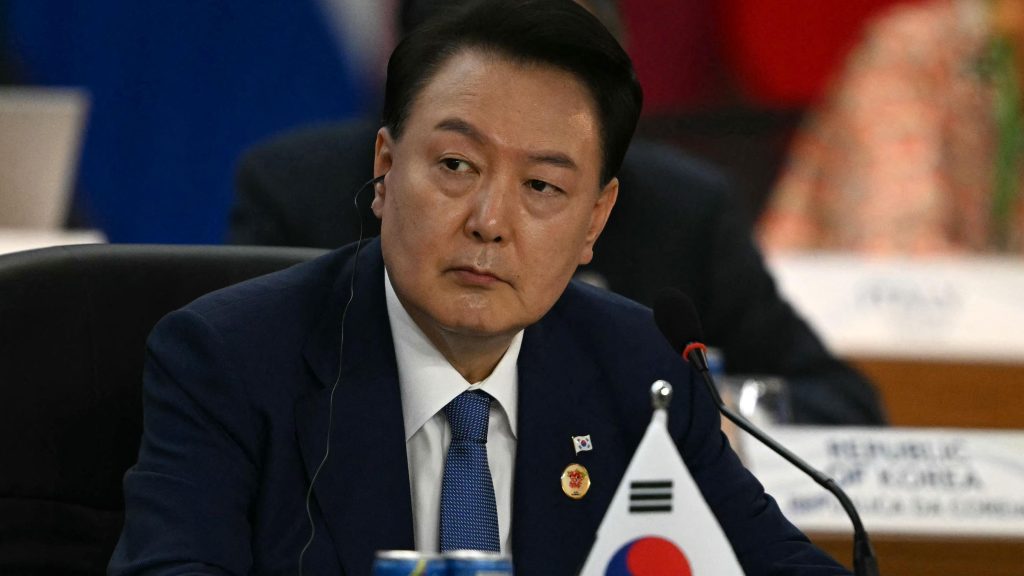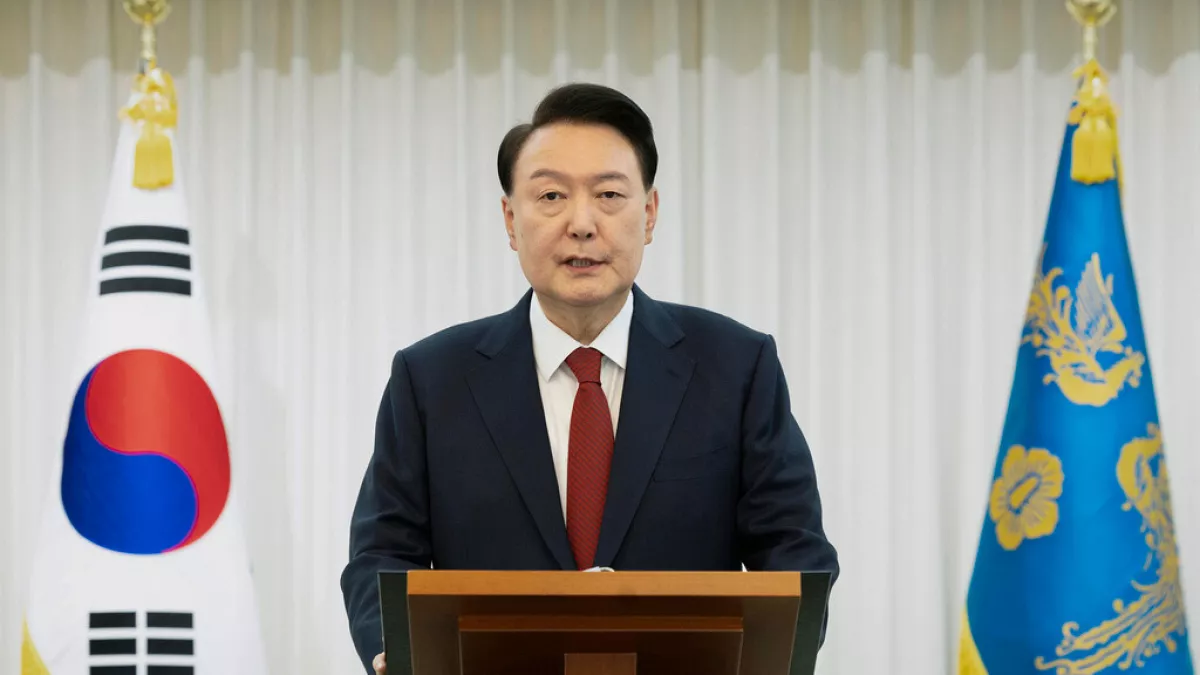South Korea’s Constitutional Court has announced that it will deliver its verdict on President Yoon Suk Yeol’s impeachment this Friday, months after he was suspended for attempting to impose martial law. The ruling will determine whether Yoon, who lawmakers impeached on December 3, will be permanently removed from office, triggering fresh elections within 60 days.
Yoon’s controversial attempt to deploy armed troops to parliament in December led to widespread political turmoil and deepened divisions in the country. Lawmakers defied the military presence and voted to impeach him, plunging South Korea into months of uncertainty that have weighed on the economy. The court has spent weeks deliberating on the case, fueling speculation about internal disagreements among the justices.
In a statement released on Tuesday, the Constitutional Court confirmed that the ruling will be issued on April 4. At least six of the court’s eight justices must vote in favour of impeachment for Yoon to be officially removed.

Public demonstrations in central Seoul have intensified, with hundreds of thousands rallying for and against the embattled president each weekend. Yoon, a former prosecutor, was detained in January on insurrection charges but was released in March on procedural grounds. Despite his legal troubles, he has remained defiant, accusing the opposition of orchestrating a politically motivated campaign against him.
Following the court’s announcement, the opposition Democratic Party expressed confidence that the justices would uphold the impeachment.
Meanwhile, Yoon’s ruling People Power Party (PPP) welcomed the upcoming decision, urging all political factions to accept the verdict peacefully. PPP floor leader Kweon Seong-dong stated, “We will respect and accept the court’s decision. After the ruling, both the ruling and opposition parties must take the lead in easing public divisions and promoting national unity.”
If Yoon is removed, opposition leader Lee Jae-myung is widely expected to be the frontrunner in a snap election. A recent appeals court ruling overturned his previous conviction on election law violations, potentially clearing the way for his presidential bid. However, if the ruling is reversed on appeal before the election, Lee could be barred from running and stripped of his parliamentary seat.
Political analysts say the judiciary appears to be taking steps to shift South Korea’s ongoing crisis back to the electoral process rather than courtrooms.
In a separate ruling last week, the Constitutional Court reinstated Prime Minister Han Duck-soo, who had been serving as acting president after Yoon’s suspension. However, experts say this decision does not set a legal precedent for the pending impeachment ruling, as it did not directly address the legality of martial law.


 Trending
Trending 